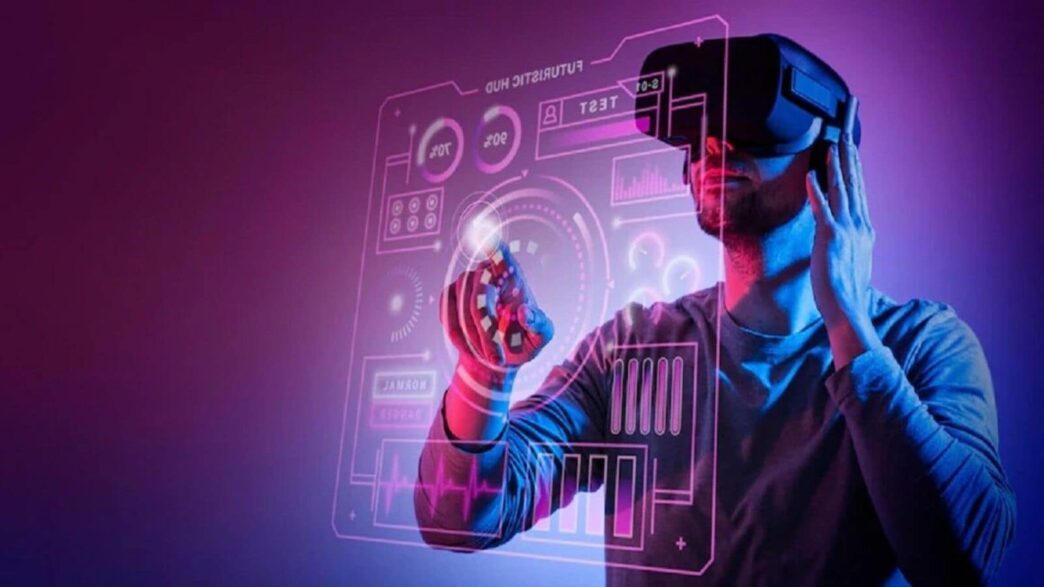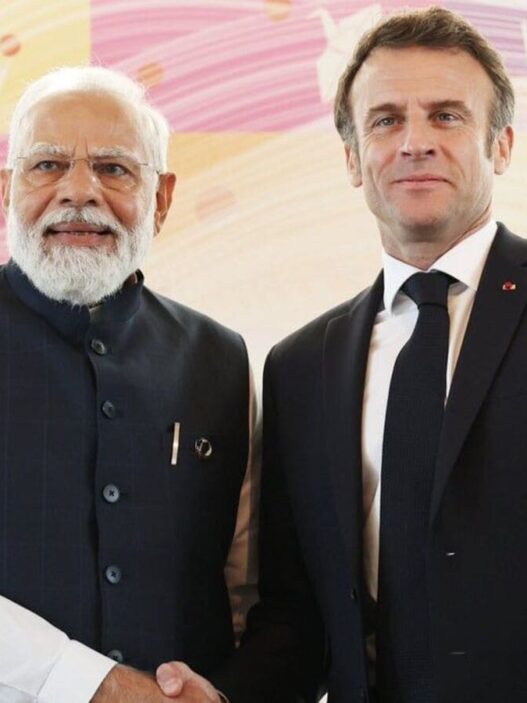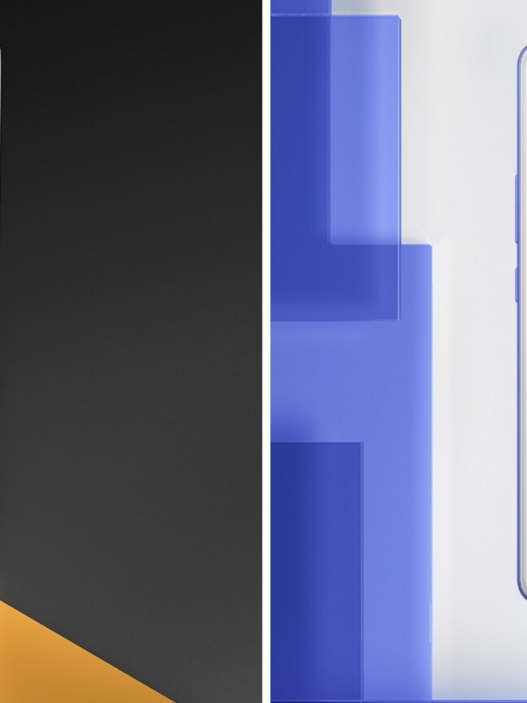New Delhi, Feb 9 (PTI) An IIM Lucknow study, examining the kind of apologies chatbots of online travel agencies (OTA) make to customers for service failures, showed that “concrete language” should be used for big failures and “abstract language” for minor issues.
Published in the Asia Pacific Journal of Tourism Research, the study, co-authored by Payal Mehra, Professor at IIM Lucknow and research scholar Rishab Chauhan, examines how language used for apologies impacts customer acceptance and forgiveness.
Mehra said a concrete apology might say, “we apologise for the delay in processing your booking. Your refund of USD 100 will be credited within three business days” while an abstract apology might simply state, “we apologise for the delay. Your refund will be credited soon”.
The research investigates which type of apology is more effective in helping customers forgive service failures and under what conditions. The researchers conducted three comprehensive studies to assess customers’ responses to different apology styles.
Participants interacted with chatbots, designed using the “Bot Penguin” platform, that were programmed to offer either abstract or concrete apologies following a simulated service failure. Using advanced research techniques such as confirmatory factor analysis, the researchers ensured the findings were reliable and applicable to real-world situations.
The results showed that concrete language is more effective in gaining customer forgiveness for significant failures, while abstract language is more suitable for minor issues.
“While much research has focused on traditional customer service channels like phone calls or face-to-face interactions, this study is among the first to examine how chatbot language affects customer forgiveness in the context of OTAs,” Mehra told PTI.
The study found that customer preferences for the language of the apology were not influenced by the type of service—whether the service was pleasure-oriented or use-oriented.
The research also highlighted that sincerity and empathy are critical in chatbot communication. When customers sense the company genuinely cares about resolving their issues, they are more likely to forgive. A concrete apology, which includes specific details about the resolution, conveys a sense of sincerity, it said.
The findings suggest that using concrete, personalised and clear language in chatbot apologies increases customer forgiveness, enhancing satisfaction and word-of-mouth.
“Chatbots should adopt an abstract apology style for minor issues, avoiding unnecessary details while assuring customers of the company’s commitment to their satisfaction. For more significant problems, a concrete apology is more effective, providing details and emphasising the company’s efforts to prevent recurrence.
“These findings have implications beyond the OTA sector, extending to industries such as retail, banking, healthcare and telecommunications. The research team suggests that future research could explore the impact of chatbot apology language in different cultures and service sectors and investigate other language styles used in customer service,” she said.
Catch all the Technology News and Updates on Live Mint. Download The Mint News App to get Daily Market Updates & Live Business News.
MoreLess












